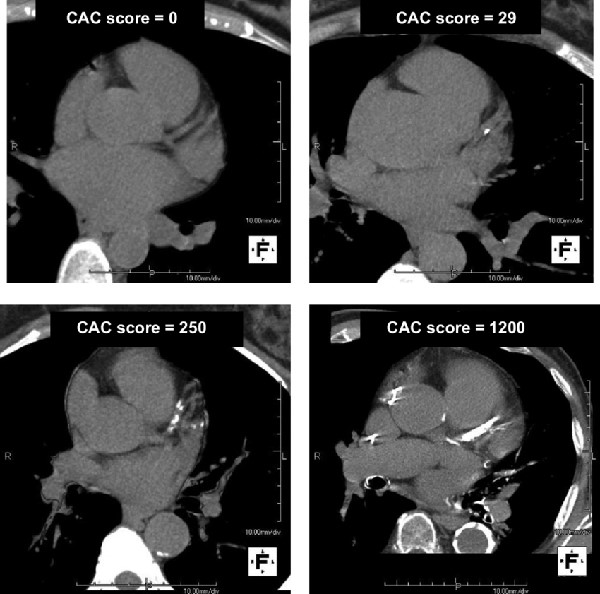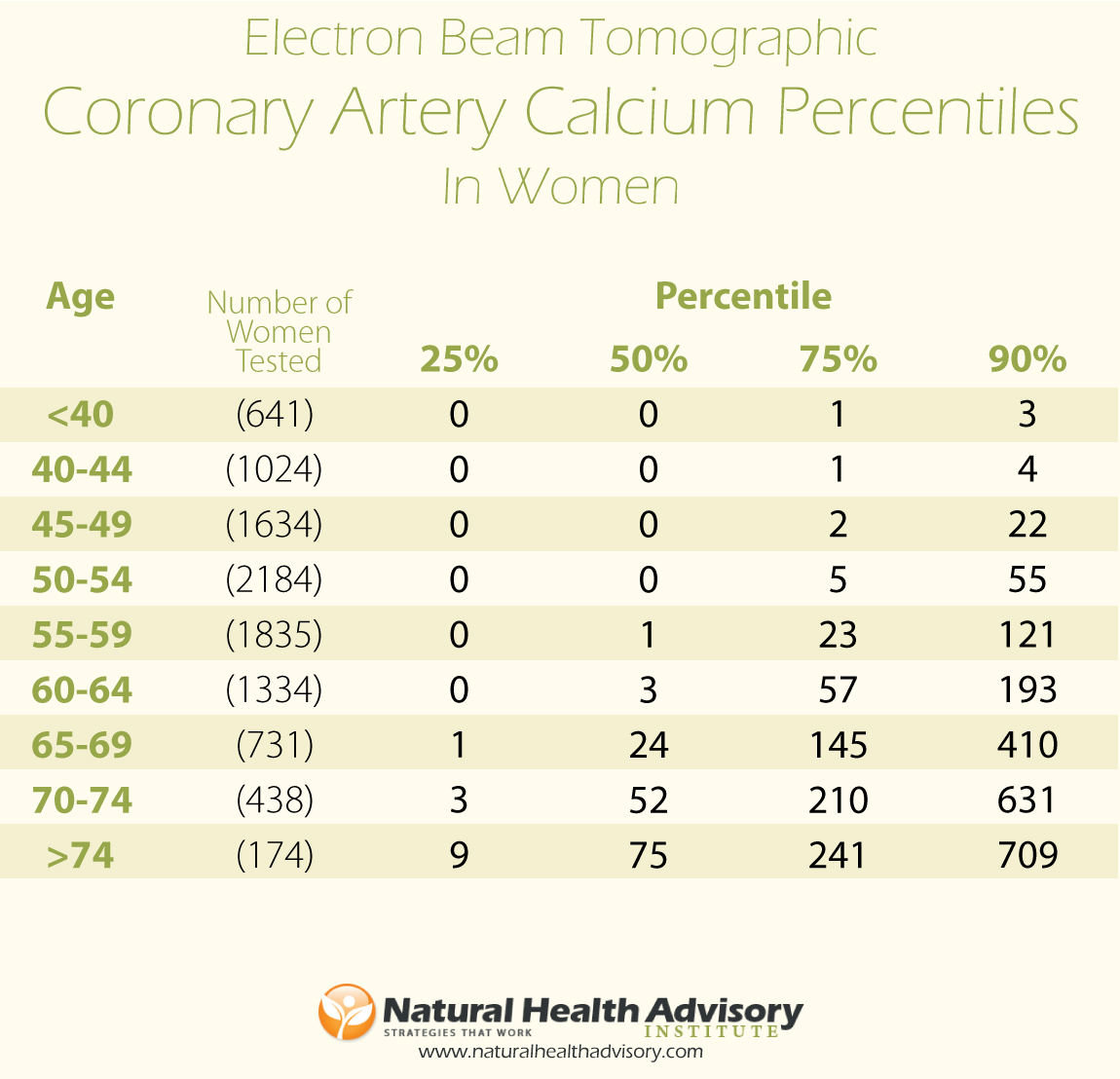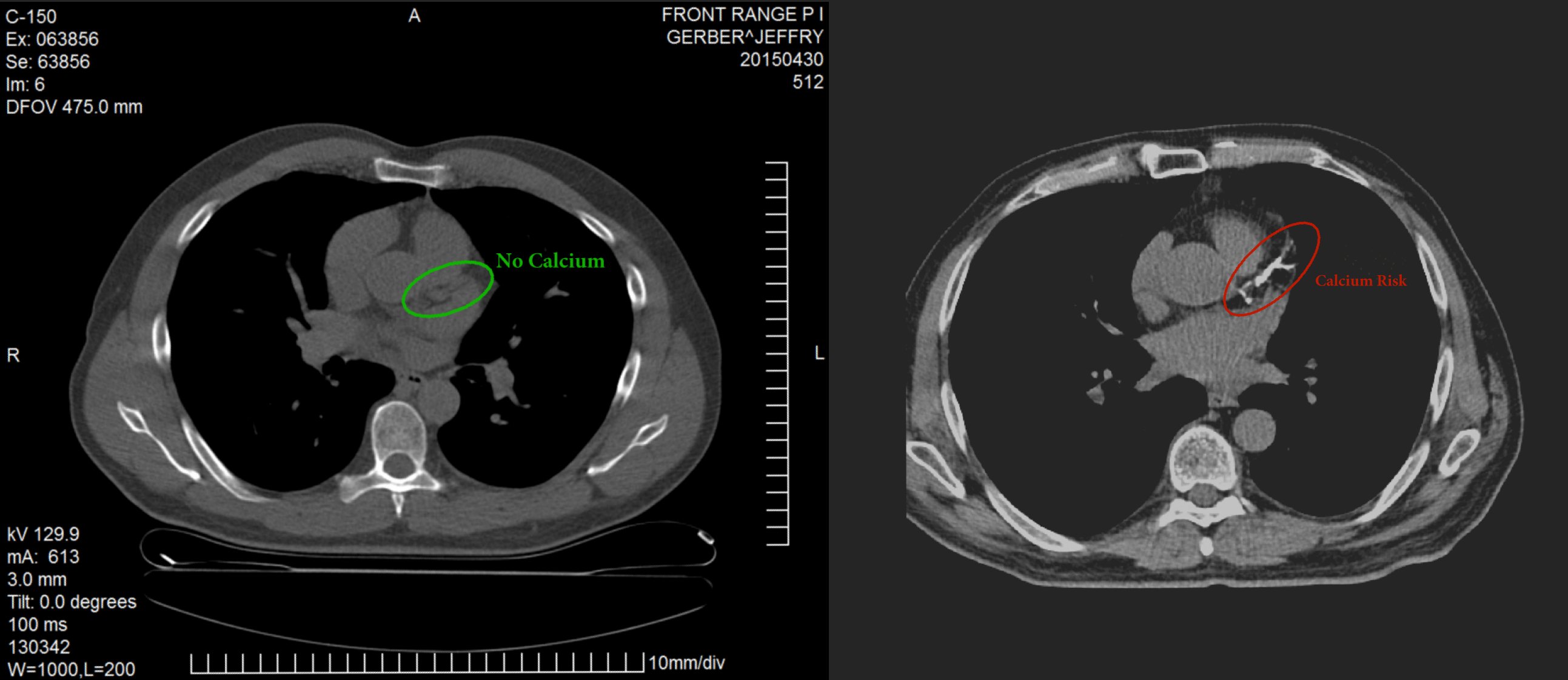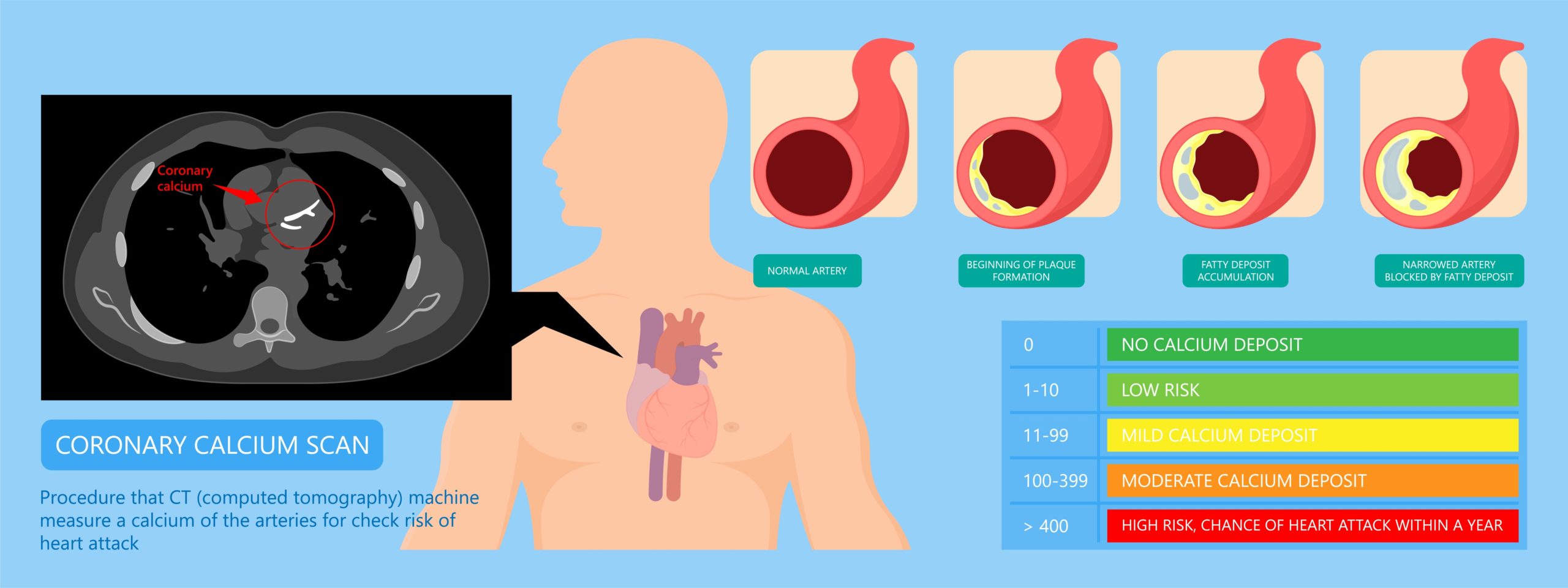A. That is a very high coronary artery calcium score. But the short answer to your question is no. The main reason to have an angiogram is to locate a narrowed heart artery that is causing chest pain or other symptoms. For the test, a cardiologist injects a dye that is visible on x-rays into the blood vessels of your heart, then takes a series.. People free of heart disease who have very high levels of calcium in the walls of the heart’s arteries are markedly more likely to have a heart attack, stroke and other heart-related events, or develop other health conditions compared with people who have less or no calcium buildup, according to a study published in Circulation.. Coronary artery calcium (CAC), measured on an imaging scan, is.

how dangerous is a high calcium score Marla Rider

Coronary Calcium Score The Skeptical Cardiologist

What Your Calcium Score Indicates Cardio Renew

Coronary Calcium Score and Cardiovascular Risk Journal of the American College of Cardiology

Coronary artery calcium scoring Its practicality and clinical utility in primary care

Calcium Score

CT Calcium Score Scan Perth Radiological Clinic

Heart Calcium Scoring East Alabama Medical Center YouTube

Calcium Scoring ImageCare Centers

High Calcium Score Watch This! YouTube

how dangerous is a high calcium score Monnie Raymond

All About the Calcium Score Heart Scan YouTube

How to Lower Your Calcium Score (Part 2) Fix the Root Causes YouTube

Coronary Artery Calcium Score The Best Way to Know if You Have Early Atherosclerotic Heart Disease

how dangerous is a high calcium score Monnie Raymond

LCHF 15 years, Coronary Artery Calcium Score ZERO! Jeffry Gerber, MD Denver’s Diet Doctor

Allene Mullin

Coronary Artery Calcium Scoring Current Status and Future Directions RadioGraphics

Have a high calcium score? Here’s what to do Showit Blog

High Calcium Score Is It A Death Sentence? YouTube
A CAC test, also called a heart scan, is a CT scan of your heart done with a multidetector CT (MDCT) that takes detailed images of the arteries that supply blood to the heart muscle. The images show calcium deposits you may have in your coronary arteries. Higher amounts of calcium are associated with more severe disease in the heart arteries.. The study, which focused on people with no symptoms of heart disease, found that those with a coronary calcium score of one to 10 were three times more likely to have a cardiovascular event than.

